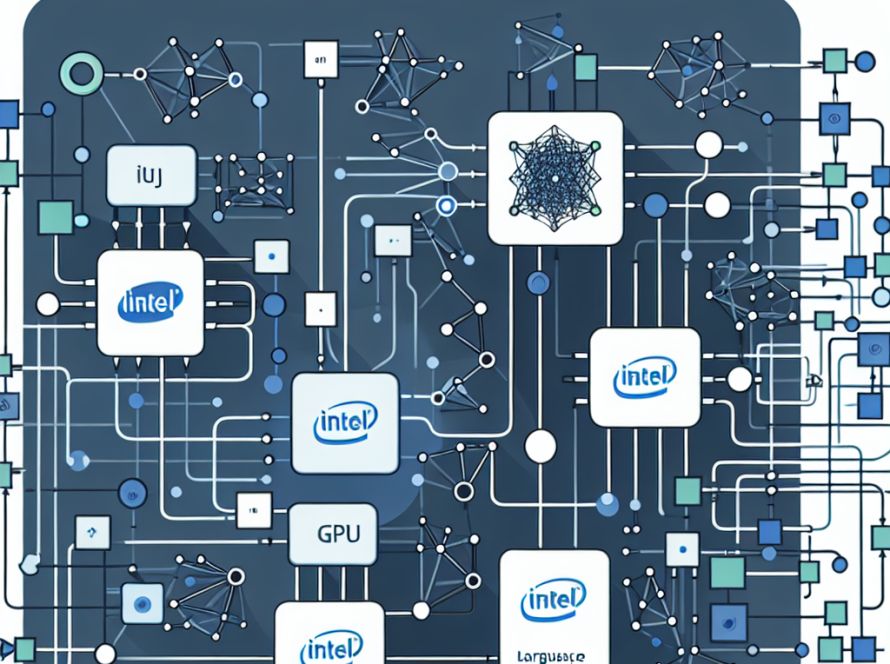Researchers in the UK have trialed an AI-based tool called Foresight that can create “digital twins” of patients and effectively predict future health conditions and treatment responses. By making use of patient information from electronic health records (EHRs), most of which is unstructured, the AI tool can develop a representative model of the patient. Foresight uses a GPT-based model to process the details and, due to being trained on substantial amounts of EHR data, can forecast health outcomes accurately.
Using digital twins enables the simulation of multiple patient versions to predict health trajectories. Unlike conventional processes where a doctor decides on a treatment plan and then assesses its effectiveness after a certain period, Foresight allows for the simulation of potential treatments, providing projections of short-term and long-term outcomes. Not only is this a cost-effective method, but it also eliminates the need for numerous trial-and-error treatments.
The tool’s development process consists of various parts: CogStack retrieves EHR data; MedCAT annotates it; Foresight Core serves as the deep-learning model for biomedical concept modeling; and the Foresight web application facilitates interaction with the trained model.
As per a study published in The Lancet Digital Health, Foresight was trained on three different models using datasets from two UK hospitals and a publicly available dataset in the US, which contained data for more than 800,000 patients. The AI tool accurately predicted forthcoming disorders in 68% to 88% of cases. It also successfully forecasted forthcoming biomedical “concepts,” which could be a disorder, symptom, relapse, or medication, with a precision rate of 80% to 91%. However, the variation in performance indicates how AI tools’ effectiveness relies heavily on the quality of the data input.
While the use of AI tools like Foresight is promising, it comes with several challenges, including figuring out how to properly evaluate the importance of probability vs urgency and impact, and the weightage of new treatments and interventions. The researchers are currently working on Foresight 2, which is expected to deliver more accurate results. The application of AI in healthcare is changing the industry drastically, enhancing the quality of care by enabling new drug discoveries and patient modeling, simulation, and forecasting.


